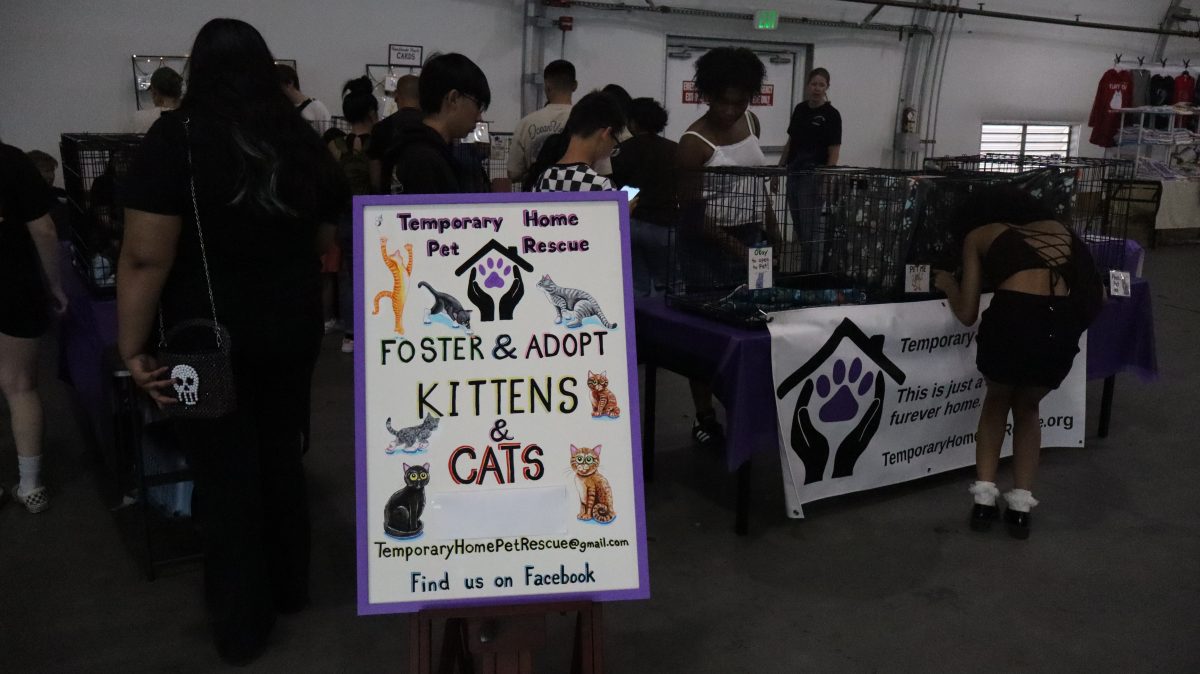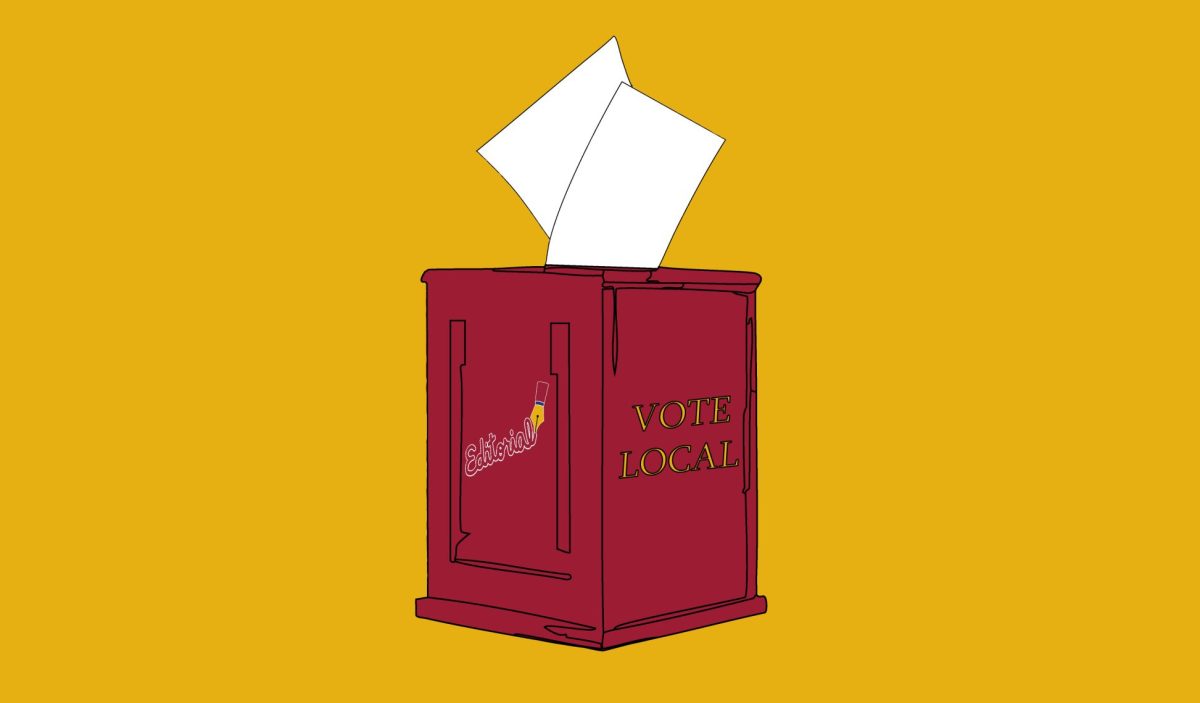At this very moment, voters at the polls are considering 11 make-or-break ballot propositions that express the will of the people-a process of direct democracy that has become widely used as a populist tool to dislodge economic interests run amok.
But, four of the initiatives are solely funded by wealthy individuals who are being opposed with equal or greater force in what has become a financial arms race generating $336 million in campaign contributions- roughly $25 for every residen1t, according to the California Secretary of State.
While money in politics is nothing new, the idea that one moneyed individual can shape public policy in the most populous state defies all rationale for why California Gov., Hiram Johnson, a progressive who served from 1911 to 1917 fought tooth and nail for direct democracy – which aimed to empower citizen’s against wealthy entrenched interests in bed with government.
Albeit well-intentioned, wealthy elites in this election stand unabashedly by their wads of cash as they claim it’s in the public’s interest to pass their initiatives.
Millionaires and their measures have backed controversial efforts to stop human trafficking, raise revenues for education, invest in clean energy, and expand discount coverage for insured motorists.
Tom Steyer, the founder of a venture capitalist firm, has spent more than $22 million on Prop 39, which closes a multi-state business tax loophole to advance a clean energy agenda. The need comes from a failed attempt to pass reforms through the State Legislature.
“It seemed as if there was a need for somebody to do something, and I have a bad enough temper that I figured I wasn’t going to wait any longer,” Steyer said to the New York Times.
Sharing Steyer’s penchant for government intervention is civil rights attorney Molly Monger and Stanford physicist Charles Munger Jr., siblings who have collectively spent over $80 million on the Nov. 6 election, according to Maplight, a nonpartisan research organization based in Berkeley.
Charles Jr. has spent most of his $36 million on Prop 32, which would devastate the political landscape by ceding the influence of public sector unions to corporations for control over worker’s rights.
Molly’s Proposition 38, polling well below for what she’s spent, raises revenue for K-12 educationand is bent on derailing Gov. Brown’s rivaling Prop 30, which prevents trigger cuts to higher education from going into effect in 2013.
Unregulated campaign contributions have the state in litigation over a recent mystery donation of $11 million from Americans for Responsible Leadership, a shadowy organization based in Arizona with ties to conservative causes.
The donation funded attack ads on Prop 30, prompting Gov. Brown to hit the campaign trail in Southern California last week.
Brown made his case calling the attacks “Orwellian propaganda,” which has caused Prop. 30 to slide in the polls.
“We’re fighting to put the truth out to the people of California, but the biggest obstacle is a phony small business committee which is the antithesis of small,” Brown said. “It’s big, it’s powerful, it’s secretive and it’s deceptive.”
Whether big money – transparent or not – in politics translates into electoral success is another question, considering only a third of ballot propositions in California generally pass. But government’s inability to do its job in a polarized political environment has placed even greater value on ballot propositions, which special interests have seized to impose their will on the public; negating the grassroots intention behind ballot initiatives.
Increasing public disclosure of funding sources for initiative campaigns and signature-gathering efforts might help voters to decide on whether to preserve the status quo or to usher in much needed change, according to the Public Policy Institute of California.
Ballot Measures: Rich people’s game
Story continues below advertisement








